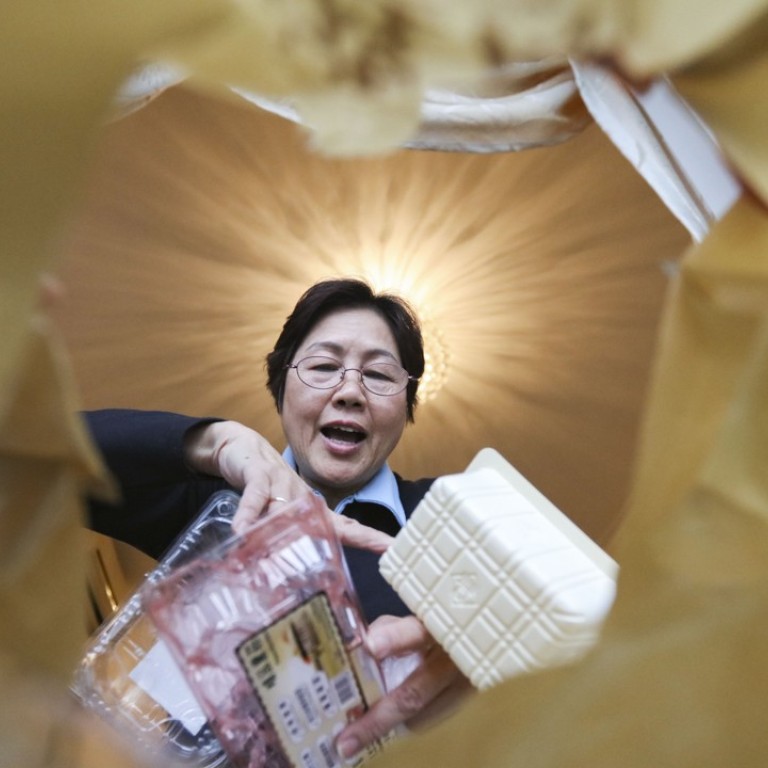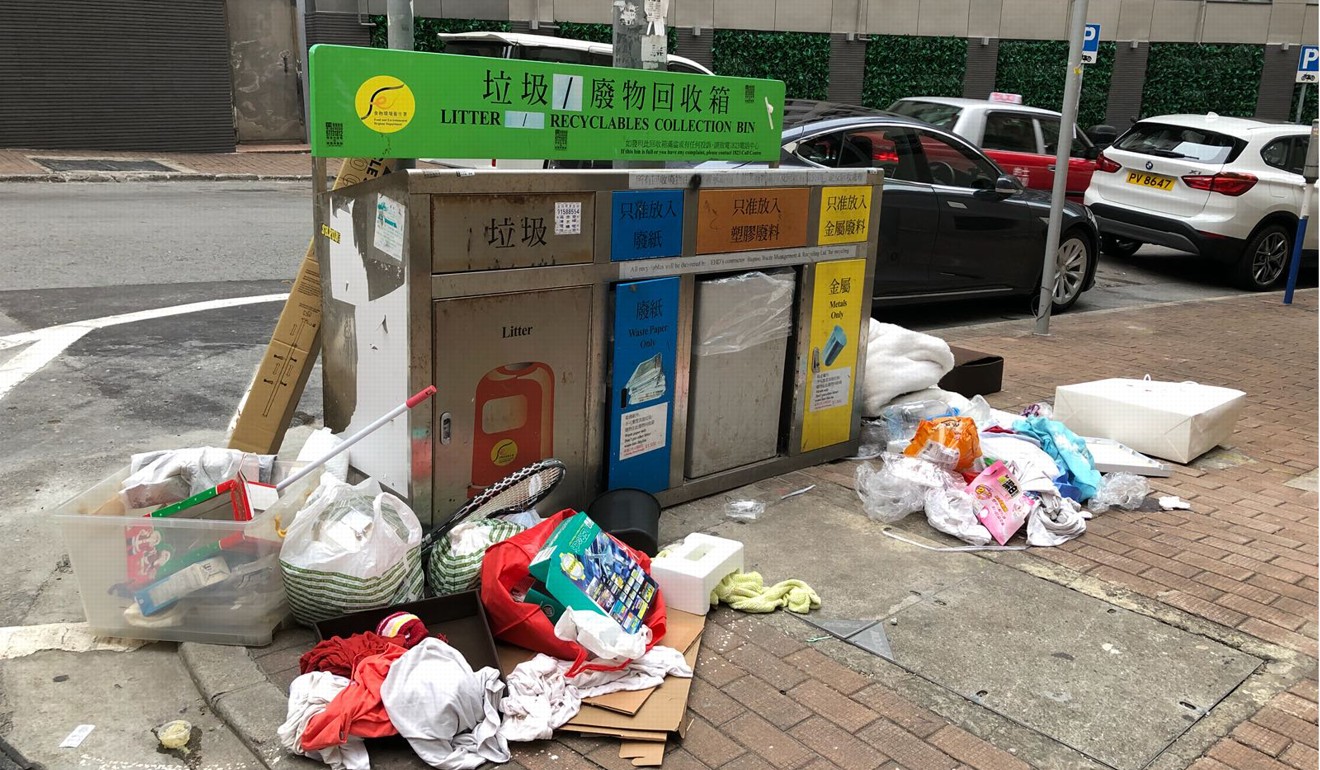
When will Hongkongers stop treating recycling like it’s someone else’s problem?
- Make Hongkongers more proactive in reducing waste – a composting scheme in British Columbia may be a model
The main problem is the attitude of residents. Twenty years ago, I would notice that most people simply treated refuse disposal as “someone else’s job” – and really not much has changed.
But we can all cut the waste going to landfill; aside from proper separation of recyclables, I believe home composting is key. Yes, it takes a bit of effort, but it is absolutely necessary.
I would be thrilled if the government had a composting scheme in place, similar to that of Victoria, British Columbia.
Victoria residents have a small green kitchen compost pail lined with a compost bag, which when full is placed in a bin that is emptied every week by the city. This system reduces Victoria’s landfill load.
There’s little reason Hong Kong couldn’t have a similar system, with dedicated compost collection bins at all residential refuse collection points.
Yes, it would mean the construction of compost processing facilities, but that expense is more urgent and appropriate than the numerous white elephant projects approved by our government.
Randall van der Woning, Tai Po

Stop the insanity on single-use plastics
While walking through the country park on Monday, I came across two ladies covering every available surface with a roll of single-use plastic sheeting. I have observed others doing the same thing every weekend at barbecue areas.
The use of single-use plastics must be discouraged, and such wanton and unnecessary use of plastic must stop. Surely old newspapers and washable tablecloths could be employed for the same purpose, without threatening the future of the natural environment we all seek to enjoy.
Catherine LaJeunesse, Sai Kung

